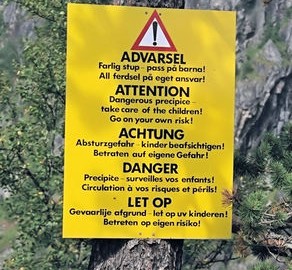L
If you regularly holiday abroad, learning a foreign language can be a very useful skill, not only deepening your experience of another country and its culture, but also gaining you considerable respect and appreciation from the natives.
Phrase books can be a convenient way of attempting to converse in a foreign language, but generally their pocket-size format restricts you to sentences such as:
“I too am a great admirer of Anna Fjord.” (Norwegian)
“Yes, but what have you done since the Renaissance?” (Italian)
and
“Thank you so much for my souvenir IED.” (Afghani)
Audio learning via CDs is a much better way to become familiar with accent and intonation, but simply mimicking the voice may make you sound more like a railway station announcer than a real person.
Failure to listen to all of the CDs in a particular language package can also leave you unable to communicate in a great many everyday situations, so it’s always wise to carry semaphore flags to convey urgent messages such as “I seem to have run over your dog”, “As you can see from my husband’s vomit covered shirt, he is mildly allergic to pasta” and “Why has your camel bitten off my daughter’s ear?”.
Evening classes, which are run by numerous local councils and educational establishments, are by far the best way to learn a new language. Spanish, French and other popular languages are often oversubscribed, so it may be worthwhile to consider an alternative such as Muskhogean, Micmac or Miao-Yao, even though no-one’s quite certain where or if they are spoken any more.

